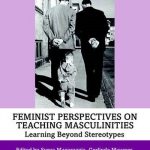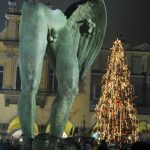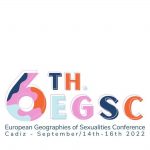 Bezirksmuseum Josefstadt; Maria Ettl (Museum), Anna Jungmayr (Projektleitung), Alina Strmljan, Corinna Beran und Olivia Schlatzer (Web)
Bezirksmuseum Josefstadt; Maria Ettl (Museum), Anna Jungmayr (Projektleitung), Alina Strmljan, Corinna Beran und Olivia Schlatzer (Web)
Zeit: 18.-19.03.2022; 30.03.2022
Ort: Bezirksmuseum Josefstadt, Schmidg. 18, 1080 Wien
Im Bezirksmuseum Josefstadt ist noch bis 30. März 2022 die Ausstellung „…Vor Schand und Noth gerettet«?! Findelhaus, Gebäranstalt und die Matriken der Alser Vorstadt“ zu sehen. Sie beschäftigt sich mit (fehlender) körperlicher und sexueller Selbstbestimmung von Frauen ab dem 18. Jhd. und endet mit einer Übersicht aktueller feministischer Organisationen, die sich für reproduktive Gerechtigkeit einsetzen.
Anschließend an diese Themen findet ein umfangreiches Veranstaltungsprogramm statt, das sich mit den Themen Stigmatisierung und „Scham“ aus historischer und aktueller feministischer Perspektive auseinandersetzt, neue Geschichte schreibt und mehr Unverschämtheiten wagt.
Thementage UNVERSCHÄMT!
18.03.2022
- 14:00 Uhr: Unter anderen Umständen – Frauen*Spaziergang mit Petra Unger (Web)
- 18:00 Uhr: Fakten, Feelings, Feminismus – Das unverschämte Quiz (Web)
19.03.2022
- 11:00 Uhr: Seit mehr als 111 Jahren – Stadterkundung mit Alina Strmljan und Anna Jungmayr (Web)
- 14:30 Uhr: Her*Story – Das exklusive Ausstellungserlebnis (Web)
- 17:00 Uhr: Poetry Slam Workshop (für FLINTA*) mit MYLF – Yasmo und Mieze Medusa (Web)
- 20:00 Uhr: Poetry Slam Show mit MYLF (Web)
Finissage »…Vor Schand und Noth gerettet«?!
Zeit: 30.03.2022 Continue reading









